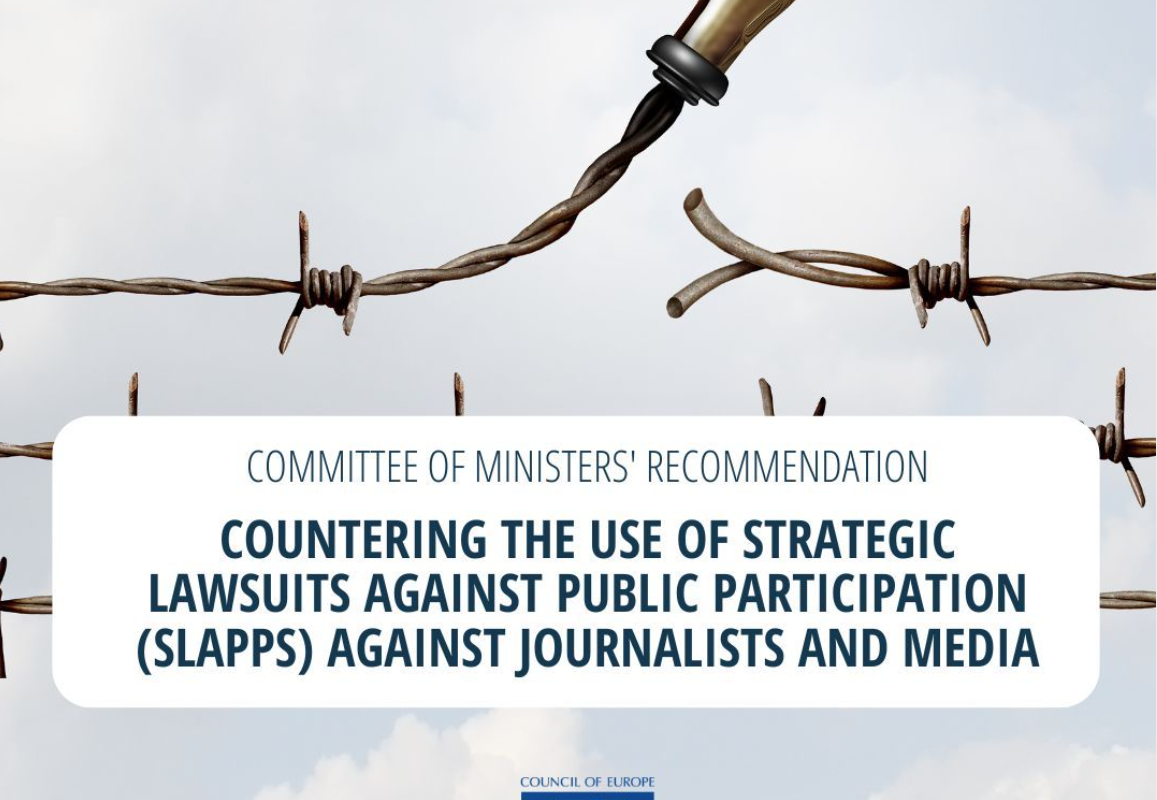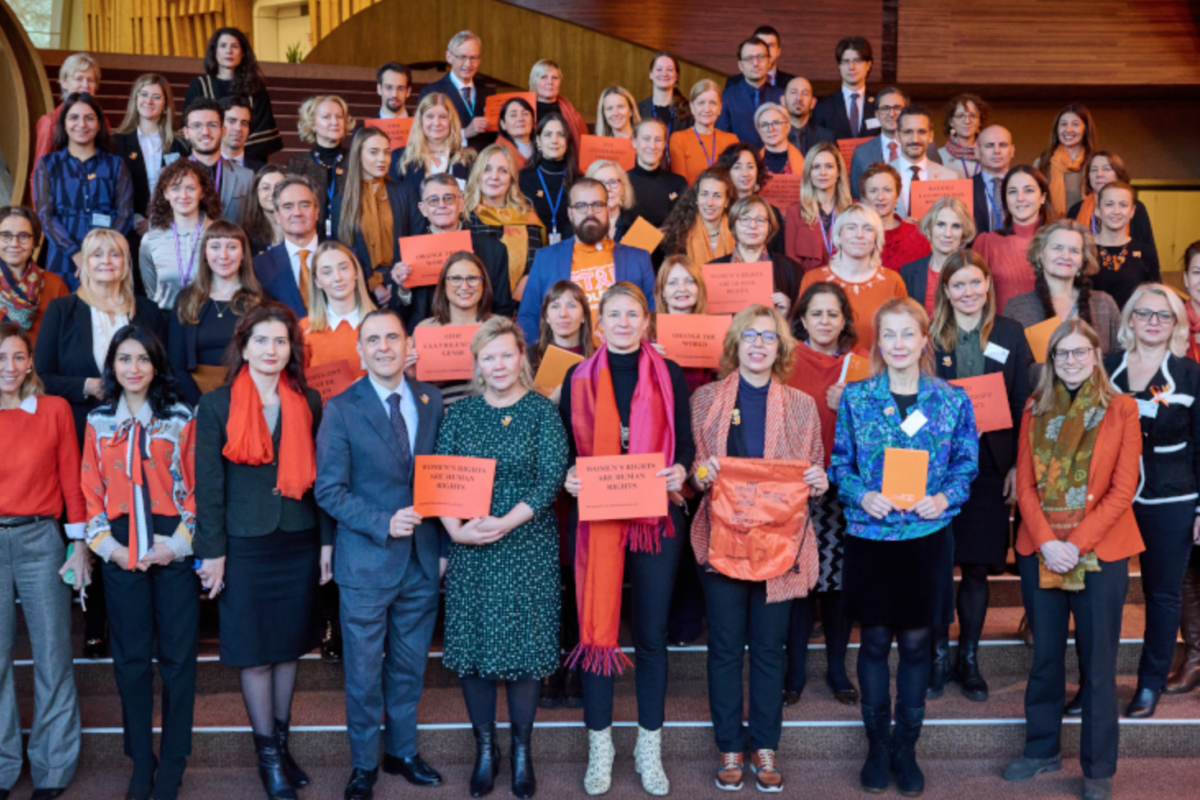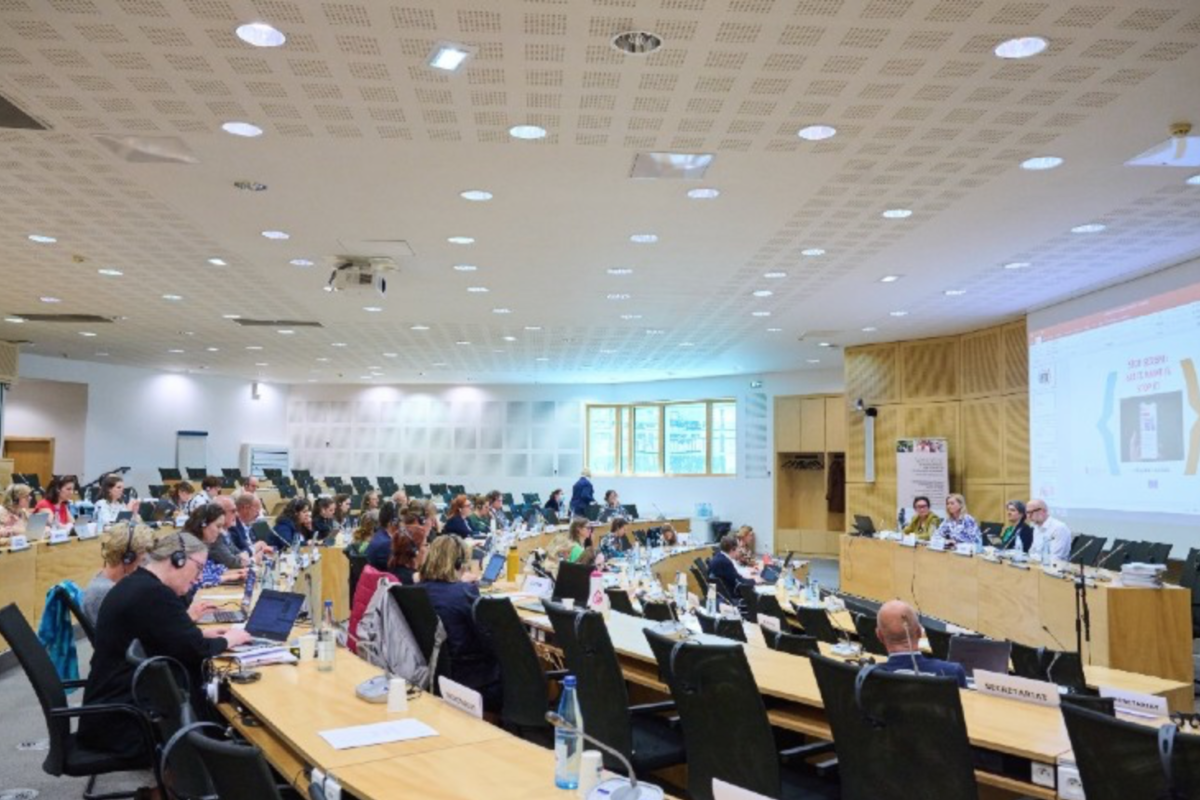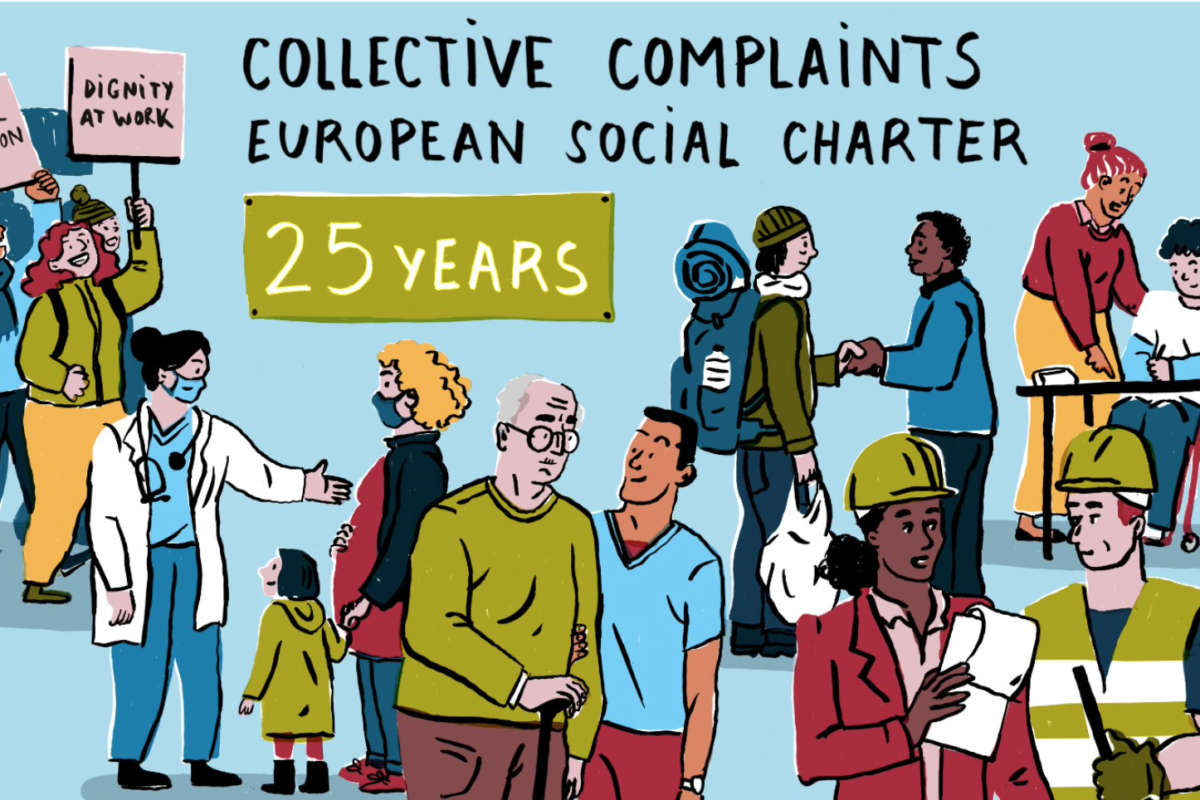This report explores the impact of Covid-19 restrictions on women’s access to justice in Europe, with particular attention to Eastern Partnership countries. It is divided into two parts: the first sets forth the applicable international and regional standards on, and provides a generalised description of barriers to, women’s access to justice. The second part describes each type of barriers in Eastern Partnership countries.
The second part sets forth the relevant international standards governing the imposition of restrictions to or derogations from human rights, with a focus on the non-discrimination and judicial review components of the standards as related to women’s rights and access to justice. It examines the absence of women’s participation in decision-making bodies charged with pandemic response, and details both the pre-existing inequalities that were exacerbated by the disproportionate impact on women across sectors stemming from the pandemic response. Finally, it demonstrates the resulting impediments to women’s ability to exercise a range of rights, including their access to justice.
When assessing the impact of governmental measures to respond to the Coronavirus (Covid-19) outbreak on women’s access to justice, a few key themes emerge. The first relates to the extent of pre-existing gender inequality that was then perpetuated and exacerbated by gender-blind judicial decision-making related to the pandemic in most countries. The second pertains to insufficient women’s participation and the lack of gender expertise in the relevant national decision-making bodies. This gender-blind policymaking resulted in women disproportionately bearing the burden of emergency measures.
Nowhere was this more evident than in the dramatic rise of domestic violence resulting from the widespread application of lockdowns. “Restrictions on movement imposed in order to contain the Covid-19 pandemic left thousands of women and girls trapped at home, a place of fear, where psychological, sexual, physical and economic abuse are rampant”. The extent of the discriminatoryimpact on women calls into question the legality of many emergency decrees and sweeping legislative reforms.
Click here on this link to see the final version of the Study on the impact of Covid-19 on women’s access to justice . The document is also available on the GEC meeting website.
Acknowledgements
Lori Mann, international women’s rights expert, who researched and produced the final report; Tamara Bugaiets, Babutsa (Baia) Pataraia, Vafa Rustam, Doina Ioana Straisteanu, national researchers who contributed with in depth country specific data and expertise from, respectively, Azerbaijan, Georgia, Republic of Moldova and Ukraine; the members of the Council of Europe Gender Equality Commission who contributed to the collection of data on the impact of Covid-19 on women’s access to justice in their respective countries; colleagues from the Secretariat of the European Commission on the Efficiency of Justice (CEPEJ) who shared the latest relevant data from the CEPEJ Evaluation Report – 2022 Evaluation cycle; colleagues from the Gender Equality Division who reviewed and edited the final report.














